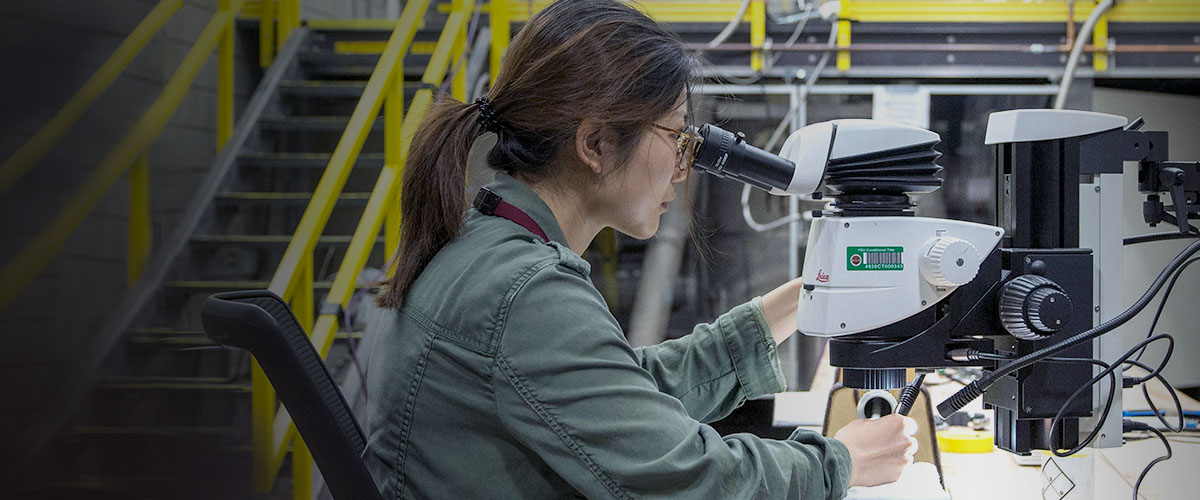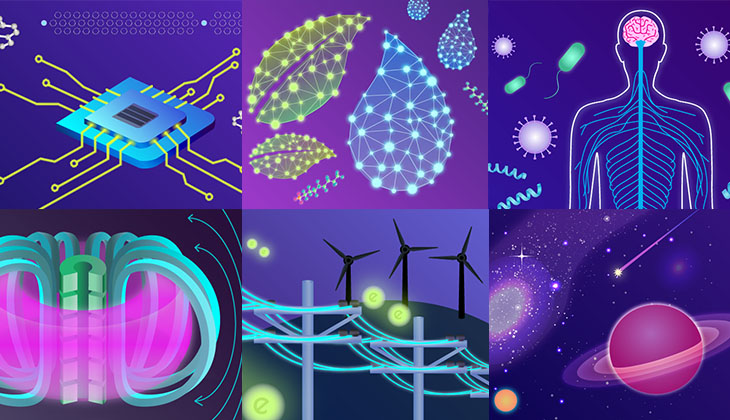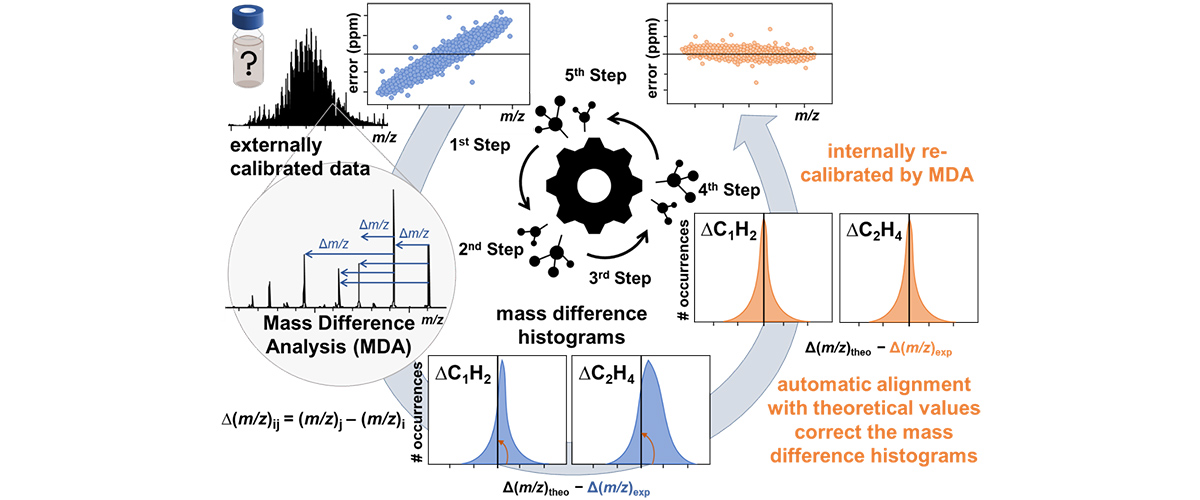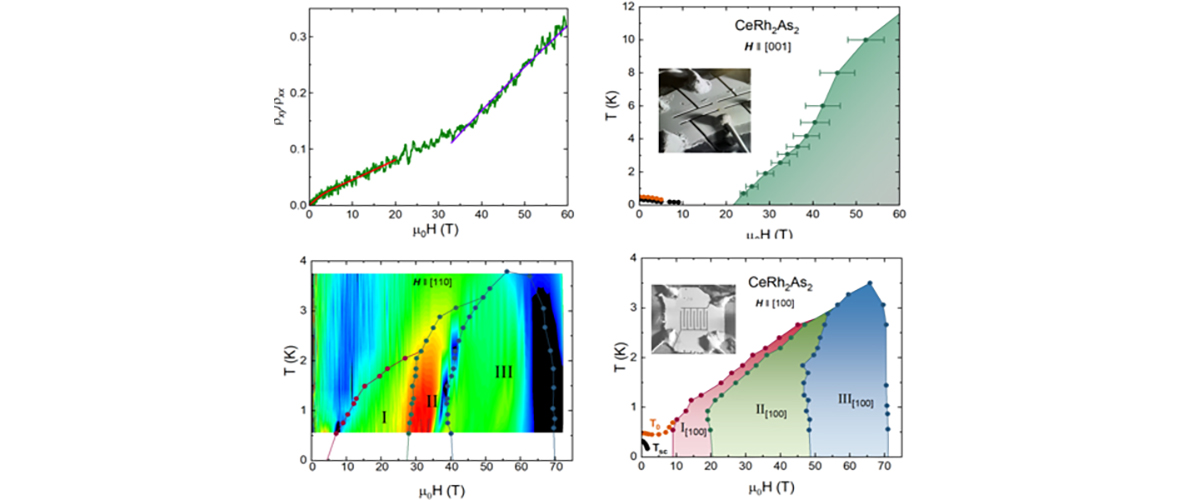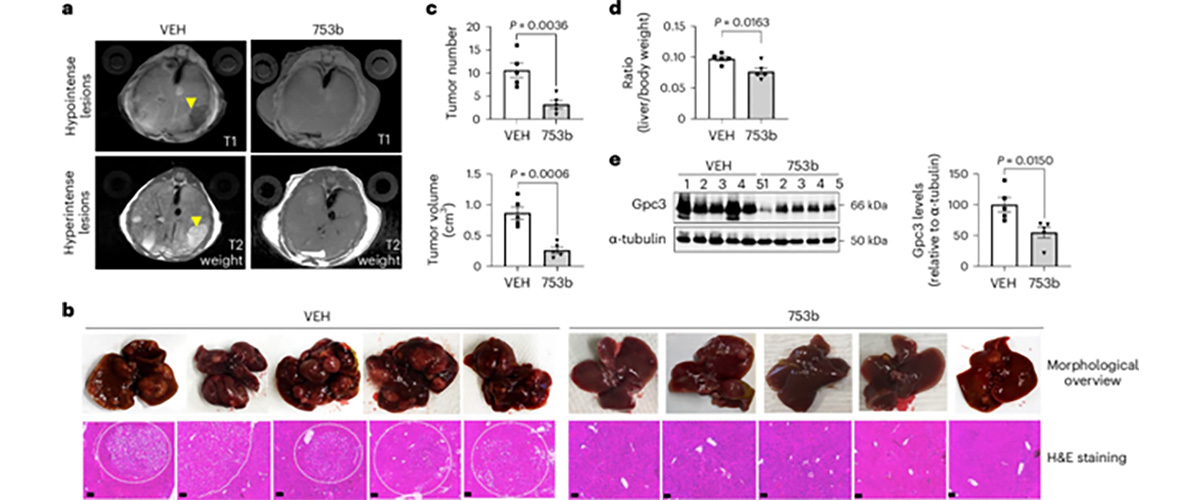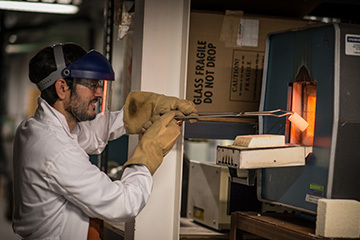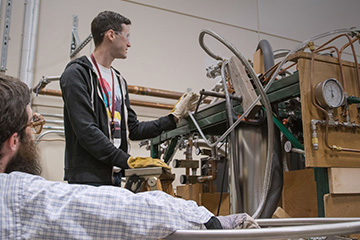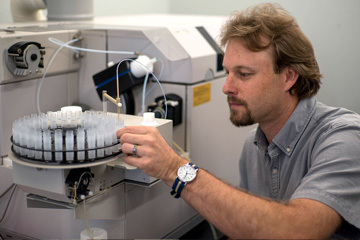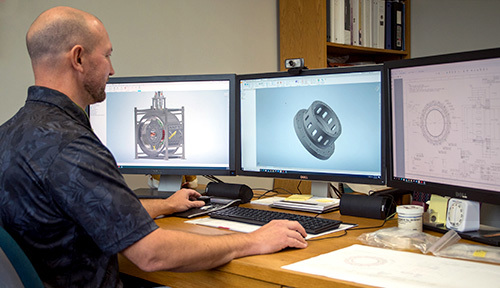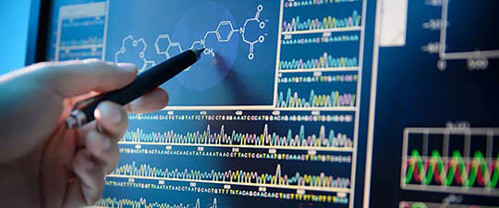Research Grand Challenges
High magnetic fields lead to discoveries on some of the world's most important scientific issues. From the realization of tomorrow's quantum technologies to combatting climate change and protecting planet Earth, high field research promotes human health, enables the magnet-based machines of the future, and helps solve the mysteries of the universe.



